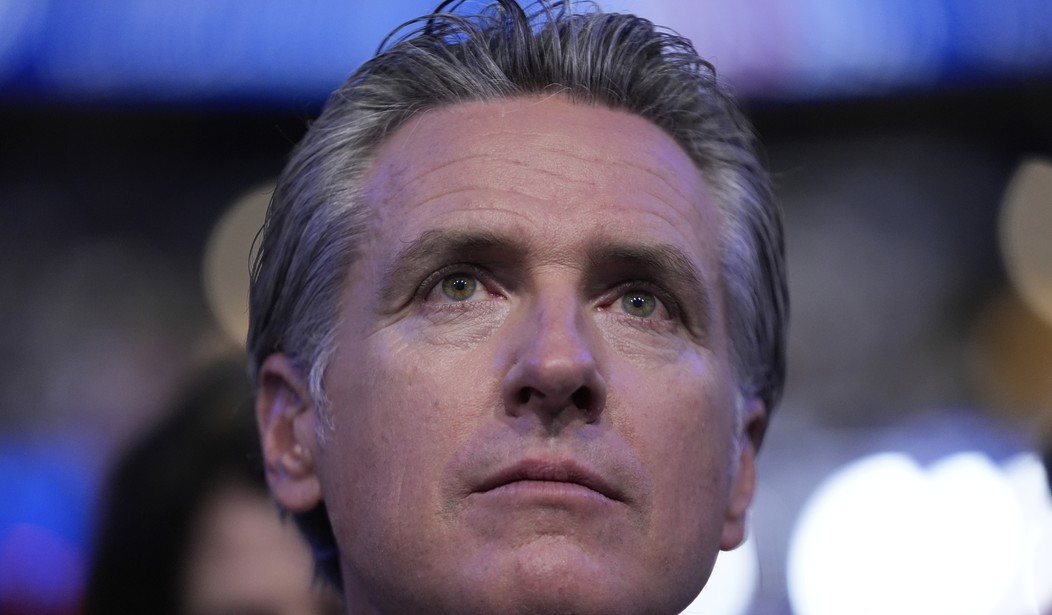California voters rejected a measure that would gradually increase the statewide minimum wage to $18 per hour by 2026.
Two weeks after the election, Proposition 32 narrowly failed, 50.82 percent to 49.18 percent.
According to the Employment Policies Institute, "the rejection marks the first time in California history that a statewide minimum wage ballot measure has failed."
The outcome was the latest indication of a rightward shift in the reliably blue state, which saw a number of surprising results from the Nov. 5 election. Voters overwhelmingly supported a ballot measure to undo a decade of progressive criminal justice reform, and rejected an initiative that would have banned forced prison labor.
Opponents and economists said that by striking down the proposed minimum-wage increase, voters signaled that they were nervous about businesses raising prices to offset their added labor expenses. The prospect of paying more for consumer goods was especially unappealing after years of high inflation, which has led to a persistent feeling among many people that they’re on shaky financial footing. (Los Angeles Times)
Recommended
John Kabateck, state director of the National Federation of Independent Business, told the Los Angeles Times that Prop 32’s failure was “a pretty poignant sign of the times in a state like California,” with voters making it clear they are “fed up with higher costs and greater uncertainty on Main Street.”
Prop 32 has been officially rejected by CA voters. This vote indicates that Californians are prioritizing affordability and want lawmakers to create policies that address the rising cost of living without exacerbating economic pressures. https://t.co/B7fvd78sxn pic.twitter.com/EA8JRJHMJP
— @CalRestaurants (@CalRestaurants) November 20, 2024

























Join the conversation as a VIP Member